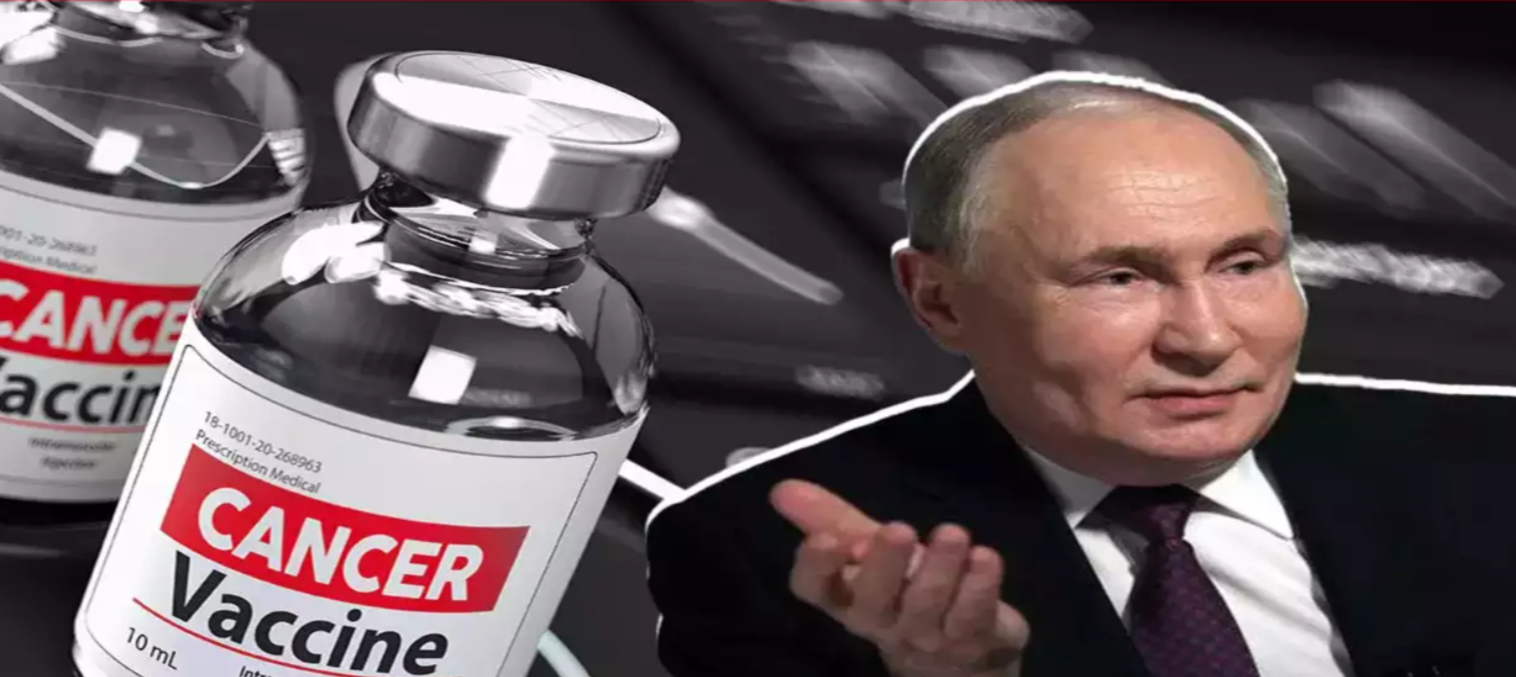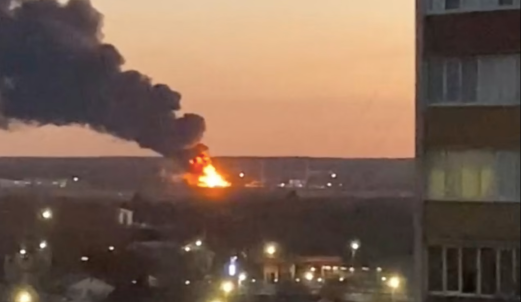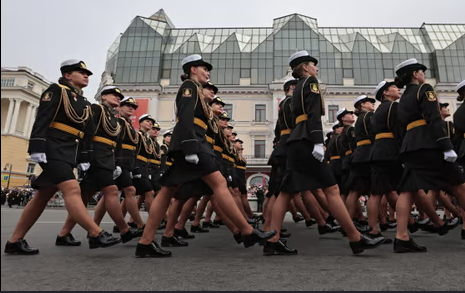
Russia has announced the creation of an mRNA-based cancer vaccine, which can be available for free distribution to patients starting in early 2025.
What are mRNA Vaccines?
Messenger RNA (mRNA) vaccines represent a significant advancement in medical science. Unlike traditional vaccines that introduce a weakened or inactivated pathogen to stimulate an immune response, mRNA vaccines deliver genetic instructions to the body’s cells. These instructions prompt cells to produce specific proteins, known as antigens, which trigger the immune system to recognize and combat the targeted disease. This process trains the immune system to identify and attack actual cancer cells displaying these antigens, thereby inhibiting tumor growth and preventing metastasis.
Pre-Clinical Success and AI Integration
Pre-clinical trials of the Russian mRNA cancer vaccine have delivered promising results, demonstrating its efficacy in suppressing tumor development and potential metastases. Alexander Ginsburg, Director of the Gamaleya National Research Center for Epidemiology and Microbiology, confirmed these findings, highlighting the vaccine’s potential as a therapeutic tool in oncology.
A notable aspect of this development is the integration of artificial intelligence (AI) being used to personalize cancer vaccines. The preparation of personalized mRNA vaccines is a time-intensive process, involving complex computations to tailor the vaccine to an individual’s specific cancer profile. By leveraging AI, particularly artificial neural networks, Russian researchers aim to expedite this process, reducing the computation time to less than an hour. This acceleration could significantly enhance the accessibility and effectiveness of personalized cancer treatments.
Global Implications and Accessibility
Russia’s commitment to distributing the cancer vaccine free of charge underscores its dedication to public health and equitable access to medical advancements. This initiative positions Russia alongside other nations at the forefront of mRNA vaccine technology. A field that gained prominence during the COVID-19 pandemic and is now being adapted to address various medical challenges, including cancer.
The global medical community has observed this development with cautious optimism. While the pre-clinical results are encouraging, further clinical trials are essential to ascertain the vaccine’s safety and efficacy in diverse populations. The integration of AI in vaccine personalization also presents a promising avenue for enhancing treatment outcomes, though it requires rigorous validation
Looking Ahead
As the world anticipates the public release of this vaccine in 2025, several considerations remain at the forefront. The scalability of production, the logistics of distribution, and the infrastructure for administering the vaccine are critical factors that will influence its impact on global health. Additionally, ongoing research into the long-term effects and potential of mRNA vaccines in oncology continues to be a priority.




